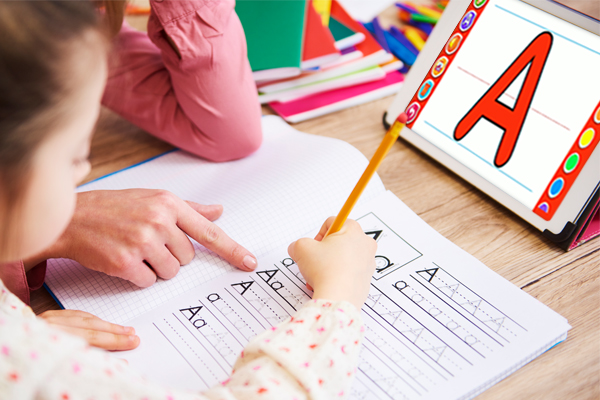
The Power of Fatherhood: How Fathers Impact Toddler Development
Posted on: 19 Jun, 2023
A father's influence on child development, particularly during the toddler years, holds great significance and plays a pivotal role in shaping a child's overall growth. Let's explore some ways in which a father can impact a toddler's development and well-being:
1. Emotional development: Fathers contribute to a child's emotional growth by providing love, support, and a sense of security. When fathers actively engage and nurture their toddlers, they help foster secure attachments, which positively affect their social and emotional well-being.
2. Cognitive development: Fathers participate in play and engaging activities with their toddlers, which can enhance their cognitive abilities. Through interactions like reading, problem-solving games, and joint exploration, fathers stimulate their child's curiosity, creativity, and problem-solving skills.
3. Language development: Fathers play a crucial role in language development by engaging in conversations, reading books, and singing songs with their toddlers. Regular verbal interactions with fathers expand a child's vocabulary, improve communication skills, and foster early literacy.
4. Gender identity and role modeling: Fathers serve as significant role models for toddlers, particularly regarding gender identity and behavior. They can teach children appropriate social behaviors, self-regulation, and respect by exemplifying positive traits and values.
5. Physical development: Fathers often partake in physical play, such as roughhousing, running, and active games, which promote motor skills development and physical fitness in toddlers. These activities help improve coordination, balance, and strength.
6. Social skills and relationships: Fathers contribute to a toddler's social skill development by providing opportunities for social interactions and modeling positive social behaviors. Through spending time together and engaging in activities with other family members or peers, fathers aid toddlers in learning to share, take turns, and develop empathy.
7. Discipline and self-regulation: Fathers play a crucial role in teaching toddlers about boundaries, rules, and self-control. By consistently applying discipline, setting clear expectations, and offering guidance, fathers help toddlers develop self-regulation skills and comprehend the consequences of their actions.
8. Independence and confidence: Fathers who encourage and support their toddlers' independence can foster a sense of confidence and autonomy. By allowing toddlers to explore, attempt new things, and take appropriate risks, fathers help build their self-esteem and resilience.
It is important to acknowledge that these roles and impacts may vary depending on individual circumstances, cultural factors, and family dynamics. Each father-child relationship is unique, and the level of involvement and impact can differ. Nevertheless, active and nurturing fatherhood during the toddler years significantly contributes to a child's healthy development and overall well-being.






